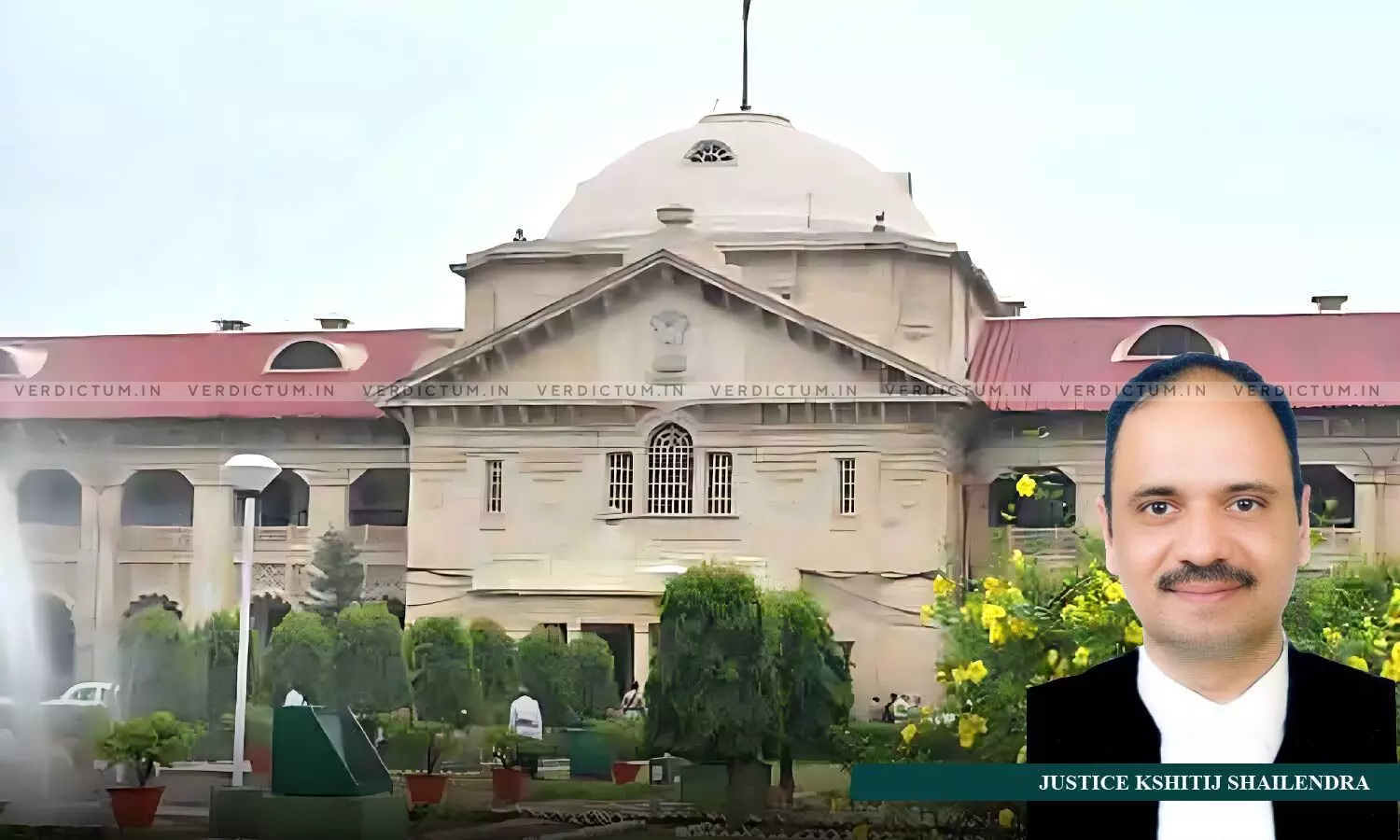
Allegations Of Bigamy Could Not Be Proved: Allahabad High Court Directs Reinstatement Of Govt Official
 |
|The Allahabad High Court has directed for the reinstatement of a government official on the ground that bigamy allegations could not be proved against him.
While recognizing the lack of substantial evidence to support such a claim and noting that a sale deed by a co-worker did not sufficiently prove a marriage, the High Court quashed the improper penalty and directed the petitioner's reinstatement with full benefits.
A Single Judge Bench of Justice Kshitij Shailendra observed that "In view of the above discussion, once I have arrive at a conclusion that there was no evidence to establish performance of second marriage during the subsistence of first marriage, both the orders impugned are unsustainable and are liable to be quashed."
Advocate Sanjay Kumar Om appeared for the Petitioner whereas CSC appeared for the Respondent.
The brief facts of the case were that the petitioner became an Apprentice at the District Development Officer's office in Bareilly on April 8, 1999, and was married on Nov 24, 1999. Later, dispute arose over an alleged second marriage to a coworker wherein the petitioner was accused of misconduct for maintaining two wives. The petitioner refuted the accusation of second marriage while responding to a charge-sheet and instead contended that an impartial investigation was lacking. When the petitioner was dismissed from service on July 04, 2005, alleging an unjust procedure, the petitioner sought for reversal of the penalty imposed and challenged the departmental disciplinary action.
After considering the submission, the Bench emphasized that there exists no substantial evidence in the records to validate the claim of a second marriage or to establish the alleged offense of bigamy or misconduct in this regard.
The Bench added that the sole piece of evidence presented before the department was a sale deed wherein the lady co-worker (Anju Khandelwal), involved in a property transaction, identified herself as the petitioner's wife which stood in contrast to the contentions made by the petitioner's wife, Anuradha Saxena.
The Bench went on to clarify by citing the provisions of Section 50 of the Indian Evidence Act, 1872 according to which when a court needs to figure out the connection between two people, the thoughts expressed through actions of someone who knows about this relationship due to family or other reasons can be considered as evidence.
However, this kind of opinion is not enough to prove a marriage in cases under the Indian Divorce Act, 1869, or in legal actions related to certain sections (494, 495, 497, 498) of the IPC, added the Bench.
Consequently, the petitioner's punishment, presuming a second marriage during the first marriage, was deemed legally incorrect, and the High Court granted reinstatement to the petitioner with all associated benefits.
Cause Title: Prabhat Bhatnagar v. The State of U.P and Ors.
Click here to read/download the Order